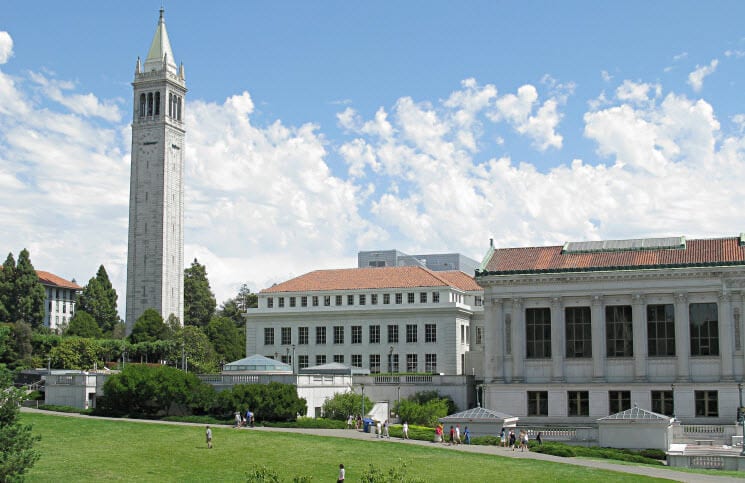Network breaches continue to be a concern, but not just by companies. When the the UCLA Medical Center was compromised in the Summer of 2015, some universities began installing monitoring equipment. These types of hardware and software are used to track web traffic patterns of both students and faculty, to reveal the possibility of cyber intruders. One of these schools was the University of California at Berkeley, and some professors are upset about it.

The University of California at Berkeley has long been known as a school where protests happen. Dating back to the Vietnam war, the school has been a bastion of civil liberties and is often thought of as ground zero for the anti-war protest movement. However, there is now a new type of protest going on, and according to the New York Times, it includes professors as well as students. Some should not be surprised, given who the president of the university is.
When Janet Napolitano, former head of the Department of Homeland Security, assumed her role as president of the University of California in 2013, many were happy. What they did not anticipate was being placed under constant surveillance. Though to some this may seem like an obvious occurrence, professors at UCB have begun to publicly speak out against the practice of monitoring students and faculty indiscriminately.
Though this surveillance is done in the name of campus security, it was implemented with almost no discussion. “I’m sure there’s good intent. But I can’t see a good reason for doing it.” says Eric Brewer, a Computer Science teacher at the school. Another subject that the faculty is taking issue with is the lack of transparency in data collection. In a meeting with Tom Andriola, chief information officer of the University of California system, the professors asked the surveillance to be stopped. The request was denied, and Mr. Andriola stated that after the breach at UCLA, “swift action needed to be taken.”
The faculty was not informed that this system was being put in to place, and only found out from anonymous sources that were not authorized to provide that information. That is when they became concerned. What is surprising is that no one realized this would happen to UCB. Perhaps they incorrectly assumed that the high profile of the college would make them immune to monitoring. Of course, it is a big honor to have such a high profile person become the president of the university. Given her history, to think that surveillance would not be part of the narrative is naive.
